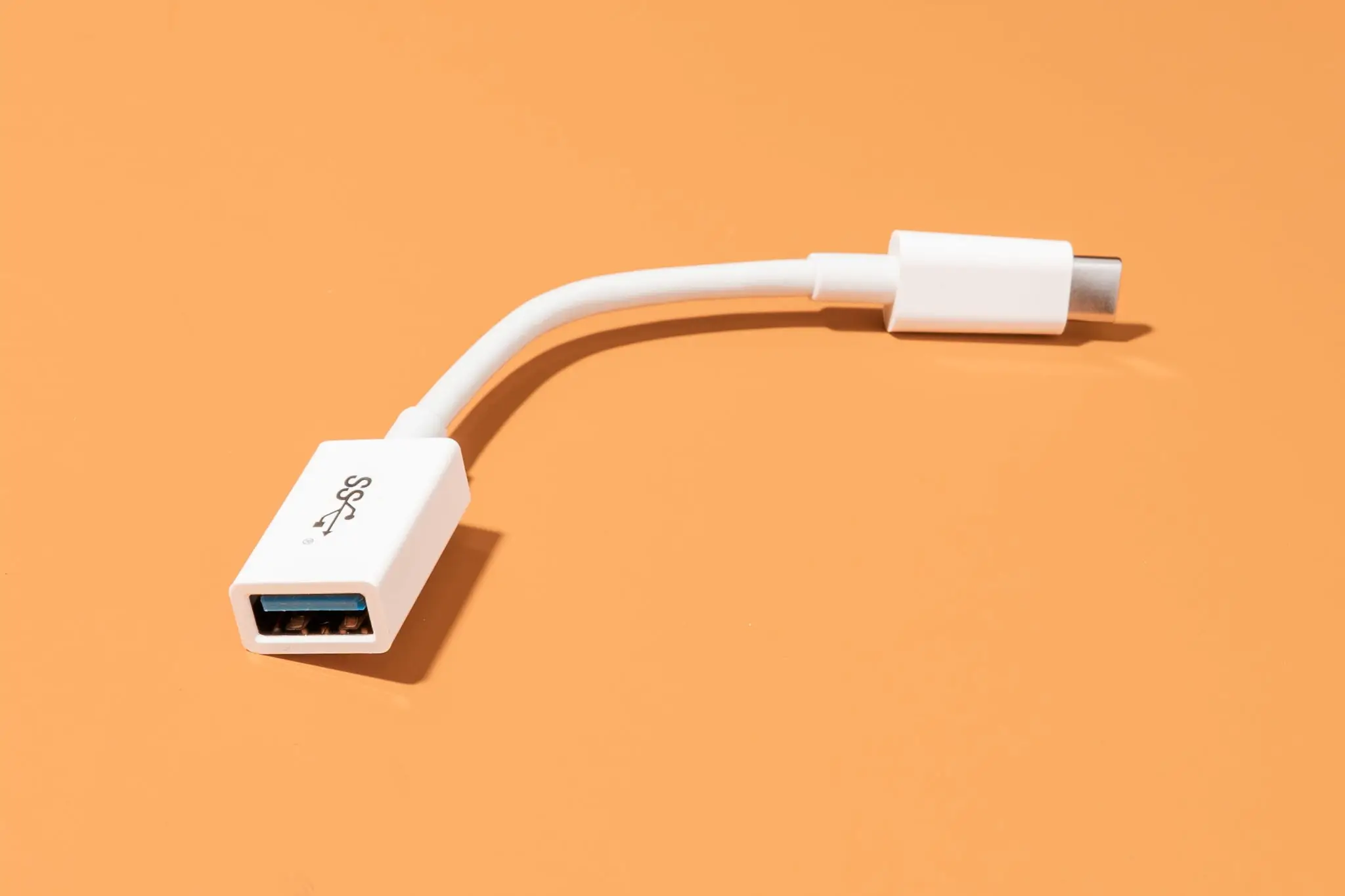How does a USB-C to USB adapter work?


USB-C to USB adapters are small devices that allow you to connect USB-C cables and devices to USB ports. With the increasing popularity of USB-C technology, these adapters have become essential for users who still have USB-A ports on their computers or other devices. In this article, we will explore how USB-C to USB adapters work and why they are so useful.
Understanding USB-C and USB Technology
Before diving into the specifics of USB-C to USB adapters, it is important to have a basic understanding of USB technology. USB, which stands for Universal Serial Bus, is a standard that allows devices to connect and communicate with each other. It has evolved over the years, with USB 3.1 being the latest version.
USB-C, also known as USB Type-C, is the newest USB connector and port. It is smaller and more versatile than its predecessors, such as USB-A and USB-B. USB-C ports are reversible, meaning you can plug the connector in either way, eliminating the frustration of trying to insert it correctly.
What is a USB-C to USB Adapter?
A USB-C to USB adapter is a small device that converts a USB-C connector into a USB-A connector. This allows you to connect USB-C cables and devices to devices with USB-A ports. The adapter has a USB-C female port on one end and a USB-A male port on the other end.
How Does a USB-C to USB Adapter Work?
When you plug a USB-C to USB adapter into a USB-C port, it acts as a bridge between the USB-C port and the USB-A device or cable you want to connect. The adapter converts the USB-C signals into USB-A signals, allowing the devices to communicate with each other.
Here is a step-by-step breakdown of how a USB-C to USB adapter works:
1. You plug the USB-C to USB adapter into the USB-C port on your device.
2. The USB-C port recognizes the adapter and establishes a connection.
3. The USB-C port sends the digital signals to the adapter.
4. The adapter converts the USB-C signals into USB-A signals.
5. The USB-A signals are then sent to the USB-A device or cable you have connected to the adapter.
6. The USB-A device or cable receives the signals and communicates with your device.
Why are USB-C to USB Adapters Useful?
USB-C to USB adapters are incredibly useful for several reasons:
1. Compatibility: Many devices, especially older ones, still have USB-A ports. USB-C to USB adapters allow you to connect USB-C devices to these USB-A ports, ensuring compatibility and seamless connectivity.
2. Versatility: USB-C to USB adapters are versatile because they can be used with a wide range of USB-C devices, including smartphones, tablets, laptops, and more. This means you can use the same adapter for multiple devices, saving you money and reducing clutter.
3. Convenience: USB-C to USB adapters are small and portable, making them easy to carry around. This means you can connect your USB-C devices to USB-A ports wherever you go, whether it’s at home, in the office, or while traveling.
4. Cost-Effective: Instead of replacing all your USB-A devices with USB-C devices, you can simply use a USB-C to USB adapter. This saves you money and allows you to continue using your existing USB-A peripherals.
Other USB-C Solutions
In addition to USB-C to USB adapters, there are other USB-C solutions that can enhance your connectivity options:
1. USB-C Hubs: USB-C hubs are devices that provide multiple USB ports, including USB-A ports, through a single USB-C port. This allows you to connect multiple USB devices to your USB-C-enabled device simultaneously.
2. USB-C Cables: USB-C cables are essential for connecting USB-C devices to other USB-C devices or USB-C ports. They come in various lengths and can support high-speed data transfer and charging.
Conclusion
USB-C to USB adapters are simple yet powerful devices that enable seamless connectivity between USB-C and USB-A devices. They work by converting USB-C signals into USB-A signals, allowing devices with different ports to communicate with each other. USB-C to USB adapters are useful for their compatibility, versatility, convenience, and cost-effectiveness. With the increasing adoption of USB-C technology, these adapters have become essential accessories for users who want to connect their USB-C devices to USB-A ports.
Recent Posts
How do I create an engaging and informative online quiz or assessment?
Creating an engaging and informative online quiz or assessment can be a powerful tool for… Read More
What are the most effective methods for managing and reducing work-related stress in the hospitality industry?
Work-related stress is a common issue in the hospitality industry, where employees often face long… Read More
How can I improve my assertiveness and communication skills in a leadership position?
In a leadership position, assertiveness and effective communication skills are crucial for success. Being able… Read More
What are the key elements of a successful employee recognition and rewards program?
Employee recognition and rewards programs play a crucial role in motivating and engaging employees, as… Read More
How do I effectively manage and respond to customer feedback and reviews?
Customer feedback and online reviews play a crucial role in shaping a company's reputation and… Read More
What are the best strategies for effective time management as a stay-at-home parent?
Effective time management is crucial for stay-at-home parents who juggle multiple responsibilities on a daily… Read More